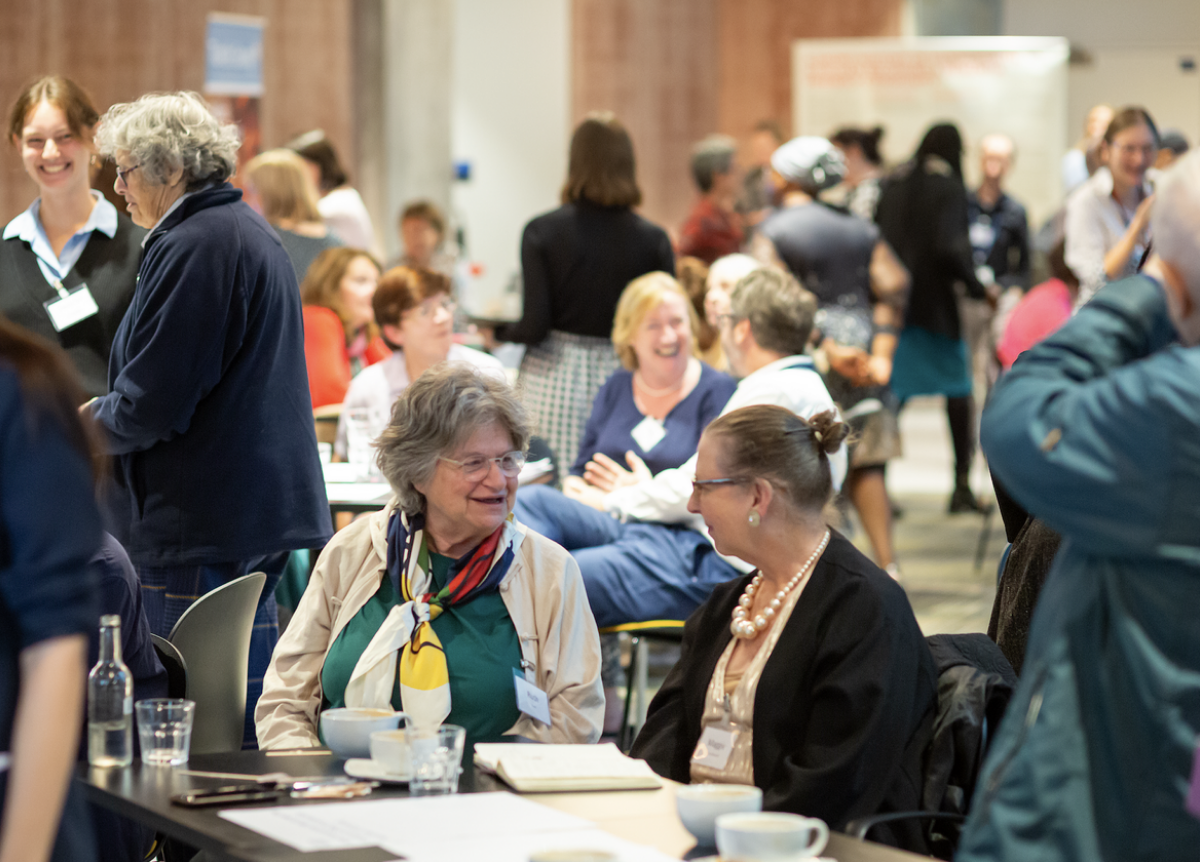 Falls in later life can be devastating—but mindset matters. Dr Toby Ellmers from the Department of Brain Sciences explores how older adults’ beliefs about ageing significantly influence recovery after a fall. His research reveals that a positive outlook may boost resilience, offering new hope for low-cost, high-impact interventions beyond physical treatment.
Falls in later life can be devastating—but mindset matters. Dr Toby Ellmers from the Department of Brain Sciences explores how older adults’ beliefs about ageing significantly influence recovery after a fall. His research reveals that a positive outlook may boost resilience, offering new hope for low-cost, high-impact interventions beyond physical treatment.
Falls are a leading cause of injury and mortality for older adults, costing the NHS nearly £5 million per day. Falls frequently lead to injuries, hospitalisation, and disability. Yet not every older adult who falls goes on to experience physical decline.
We sought to explore how psychological factors influence the recovery process, as these have thus far been ignored, with most studies instead focusing on how physical factors affects recovery. We specifically focused on ‘mindsets around ageing’—an individual’s belief, attitudes and assumptions about the ageing process. We chose to focus on such mindsets, as emerging research identifies these as an important predictor of broader physical function in later life. Yet, their role in post-fall recovery has not yet been studied.
In collaboration with researchers at Coventry University, we studied ~700 adults in England, aged 60 to 90, who had not fallen in the recent past. We asked them about their beliefs around ageing—things like whether getting older was stopping them from doing what they wanted. Over the next year, we then tracked whether or not they experienced a fall and, if so, we tracked how well (or poorly) they physically recovered afterwards. We specifically focused on walking speed, whether they needed help with daily tasks, whether they became more physically inactive.
What we found was really striking: people who, at the start, had more positive views of ageing were much more likely to recover well after a fall. Even accounting for things like their age, gender, physical health before the fall, depression, and even whether the fall caused injury, the mindset still mattered. Compared with people least positive about ageing, those with the most positive mindsets had:
- 162% lower odds of having slow walking speed after a fall
- 200% lower odds of being dependent on others for everyday tasks, and;
- 123% lower odds of being physically inactive.
So often, ageing is seen as a purely ‘physical process’. When an older person becomes ill, we then tend to focus our efforts on addressing the physical factors (for example, balance or strength after a fall)—ignoring important psycho-social factors which can also affect recovery. Whilst physical factors will no doubt play an important role on recovery following illness, injury, or hospitalisation, our findings highlight that what people believe about their own ageing might shape how they recover, independently of the “objective” health measures.
These findings raise some potentially powerful implications. Mindset interventions might be low‑cost but high‑impact. Talking with people about the positives of ageing, challenging stereotypes, helping people see what they can still do might help recovery in a meaningful way. Our ongoing work is seeking to explicitly test this, by developing low-cost mindset interventions aimed at addressing unhelpful beliefs around ageing. But more broadly, family, friends, communities have a role—how we talk about ageing, how we reinforce what older adults can do might play an important role in their ability to physically recover from health setbacks.
That being said, the findings do need to be interpreted with respect to the limitations from the study—the main one being that this was an observational study, meaning that we cannot draw causality. We also don’t know how malleable these mindsets are to intervention. However, our ongoing work will seek to address both of these points.
But there are some key conclusions that we can take from this work. Falls—and physical decline following them—should not be seen as an ‘inevitable’ part of ageing. How we think about our ageing lives—our beliefs, fears, hopes—may shape how resilient we are when setbacks happen. When we fall (literally or metaphorically), those beliefs could make a real difference. At a time when populations are ageing and falls are a big public health burden, I feel optimistic that there’s more we can do beyond medication and physical therapy. Sometimes, the mind turns out to be a surprisingly powerful partner in recovery.